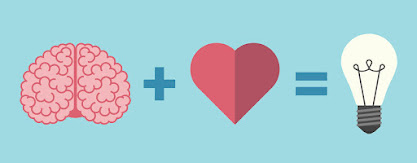Socio-emotional education: Neuroeducation & Coaching.

Socio-emotional education: Neuroeducation & Coaching. By Gise Lopez The word emotion comes from the Latin verb emovere, which means to move, which makes us think that each emotion leads us directly to an action. This action/reaction can be moving away from or getting closer to a stimulus, person or situation. Then, we can link our body with a specific type of behaviour directly related to registering and expressing a particular emotion. The environment in which any teaching-learning experience occurs (not only in the school environment) must consider that emotions are present. Children, youth and adults are all social beings with primary and secondary emotions. CEREBRUM specialists explain to us how emotions are subdivided: Primary emotions: Those that do not need to connect with consciousness or cognition are present in animals and humans. Six primary emotions have been described: joy, sadness, fear, anger, surprise, and aversion (disgust). Secondary emotions: Also known as learne...

.jpg)


